Blog > How Minor Rate Changes Affect Your Purchasing Power
Interest rates are not merely figures on bank statements; they wield significant influence over our financial decisions and purchasing power. Even slight fluctuations in interest rates can ripple through various sectors of the economy, affecting everything from mortgages to credit card debts.
Understanding the Basics:
Before we explore the impact of rate changes, let's clarify what interest rates are and how they function. Interest rates represent the cost of borrowing money or the return on investment for lending capital. Central banks set benchmark interest rates, which serve as a guide for other lending institutions.
The Ripple Effect:
Minor adjustments in interest rates can set off a chain reaction across the economy. For instance, a small increase in mortgage rates can make home loans less affordable, potentially dampening demand for housing. Similarly, higher borrowing costs can deter businesses from expanding, leading to reduced investment and job creation.
Mortgages and Homeownership:
One of the most significant impacts of rate changes is observed in the housing market. Even a fractional increase in mortgage rates can translate to thousands of dollars in additional interest payments over the life of a loan. This can price some prospective buyers out of the market or compel them to settle for less expensive properties.
Consumer Spending and Credit:
Interest rates also influence consumer behavior. When rates are low, borrowing becomes cheaper, encouraging individuals to take out loans for big-ticket items like cars or appliances. Conversely, higher rates can curb spending as consumers opt to save rather than borrow. Additionally, credit card interest rates often track the central bank's benchmark rate, affecting the cost of carrying balances.
Investment and Savings:
Rate changes have implications for investors and savers alike. Higher interest rates may make bonds and other fixed-income investments more attractive relative to stocks. On the other hand, rising rates can dampen economic growth, potentially leading to lower returns on investments. Savers may benefit from higher yields on savings accounts and certificates of deposit when rates increase.
Business Expansion and Economic Growth:
Businesses rely on access to affordable credit for expansion and investment. When borrowing costs rise, companies may scale back their growth plans, impacting job creation and overall economic activity. Conversely, lower rates can stimulate borrowing and investment, fueling economic growth.
Minor rate changes wield significant influence over our financial lives, affecting everything from homeownership to consumer spending and investment decisions. By understanding how interest rates impact various aspects of the economy, individuals can make informed choices to safeguard their purchasing power and financial well-being.
***Discover in-depth insights into the real estate landscapes of major cities by exploring the comprehensive report. Navigate through the links below to access detailed information on each city:
Gilbert: https://altos.re/r/496bfd43-f3cd-4c4f-a133-78e7b78d2f84
Chandler: https://altos.re/r/37565056-7110-4942-95b8-09dbcaab828c
Mesa: https://altos.re/r/2a843d6f-f08d-4bc3-97cb-6f9ecef02c69
Queen Creek: https://altos.re/r/a059ea19-fbdf-4a98-8c67-0997324d356b
Tempe: https://altos.re/r/463b1316-f4c0-4683-940a-158f5844d419
GET MORE INFORMATION


